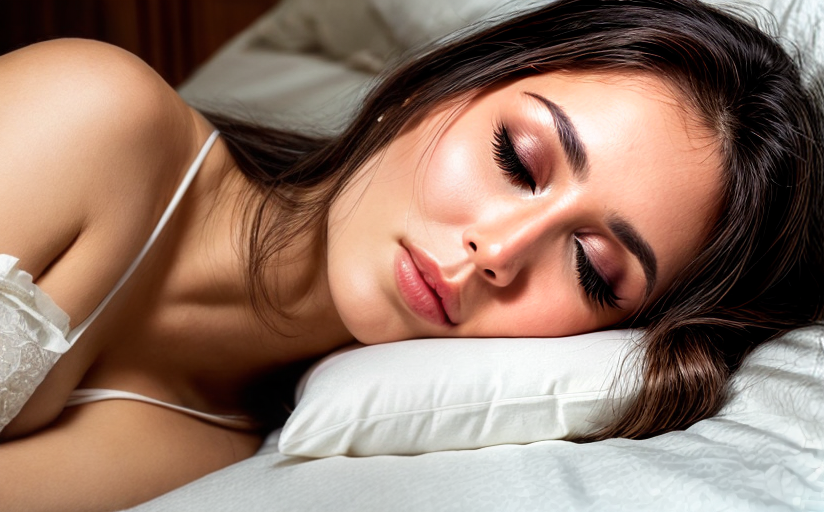The Essential Role of Quality Sleep in Maintaining Healthy Skin and Hair
Introduction
Getting good quality sleep is integral not only for our mental and physical well-being, but also for maintaining healthy skin and hair. This article will discuss in-depth the link between sleep and skin/hair health, supported by various studies and expert opinions.
The Intersection of Sleep and Skin/Hair Health
Several factors come into play during sleep that impact the vitality of our skin and hair. These include collagen production, adequate blood flow, and a variety of biological processes that work towards skin and hair rejuvenation.
For instance, our bodies produce more collagen, a critical protein that holds tissues together, including skin and hair follicles, during sleep. Furthermore, more blood flow is directed towards the skin while we sleep, supplying nutrients and oxygen that assist in maintaining healthy skin and hair.
The Adverse Effects of Inadequate Sleep on Skin and Hair
On the flip side, lack of quality sleep can have negative impacts on skin and hair health. Inadequate sleep increases stress hormones like cortisol, which can exacerbate skin issues such as acne or psoriasis and can lead to hair loss or thinning. Lack of sleep also hampers the skin's ability to stay moisturized, leading to dry skin and scalp. Prolonged sleep deprivation can even contribute to premature aging.
Practical Advice on Optimizing Sleep
Consistent, quality sleep can be achieved by adhering to good sleep hygiene practices. These include maintaining a regular sleep schedule, creating a calm and dark sleeping environment, reducing exposure to screens before bed, and adopting other habits that can promote optimal sleep.
Common Misconceptions About Sleep and Skincare
One of the common misconceptions people often have is that using more skincare items or over-the-counter hair products can compensate for the loss of sleep. However, these products can only do so much, and cannot replace the comprehensive, natural rejuvenation of skin and hair that occurs during sleep.
















Comments
Leave a Comment